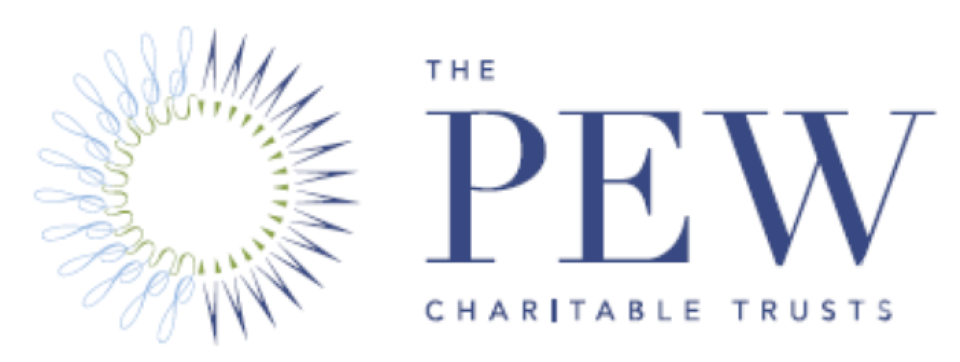Who Benefits from this Bargain? | Episode 118 of the Connect This! Show

Catch the latest episode of the Connect This! Show, with co-hosts Christopher Mitchell (ILSR) and Travis Carter (USI Fiber) joined by regular guests Kim McKinley (TAK Broadband) and Doug Dawson (CCG Consulting) and special guest Heather Mills (Tilson) to talk about the FCC giving out participation trophies to the monopoly providers, how state offices are responding to the BEAD guidance changes, disaster response and resilient Internet networks, and more. The full list of topics includes:
- Charter Spectrum calling deliberate fiber cuts "domestic terrorism"
- FCC Chair Brendan Carr further abdicating the commission's responsibility to the American people
- How states are responding to the Benefit of the Bargain BEAD changes
- FEMA's role in rebuilding our Internet networks
- California's affordable broadband bill getting pulled
- Whether T-Mobile has enough fiber to support its plan for the future
Join us live on July 24th at 2pm ET, or listen afterwards wherever you get your podcasts.
Email us at [email protected] with feedback and ideas for the show.
Subscribe to the show using this feed or find it on the Connect This! page, and watch on LinkedIn, on YouTube Live, on Facebook live, or below.



